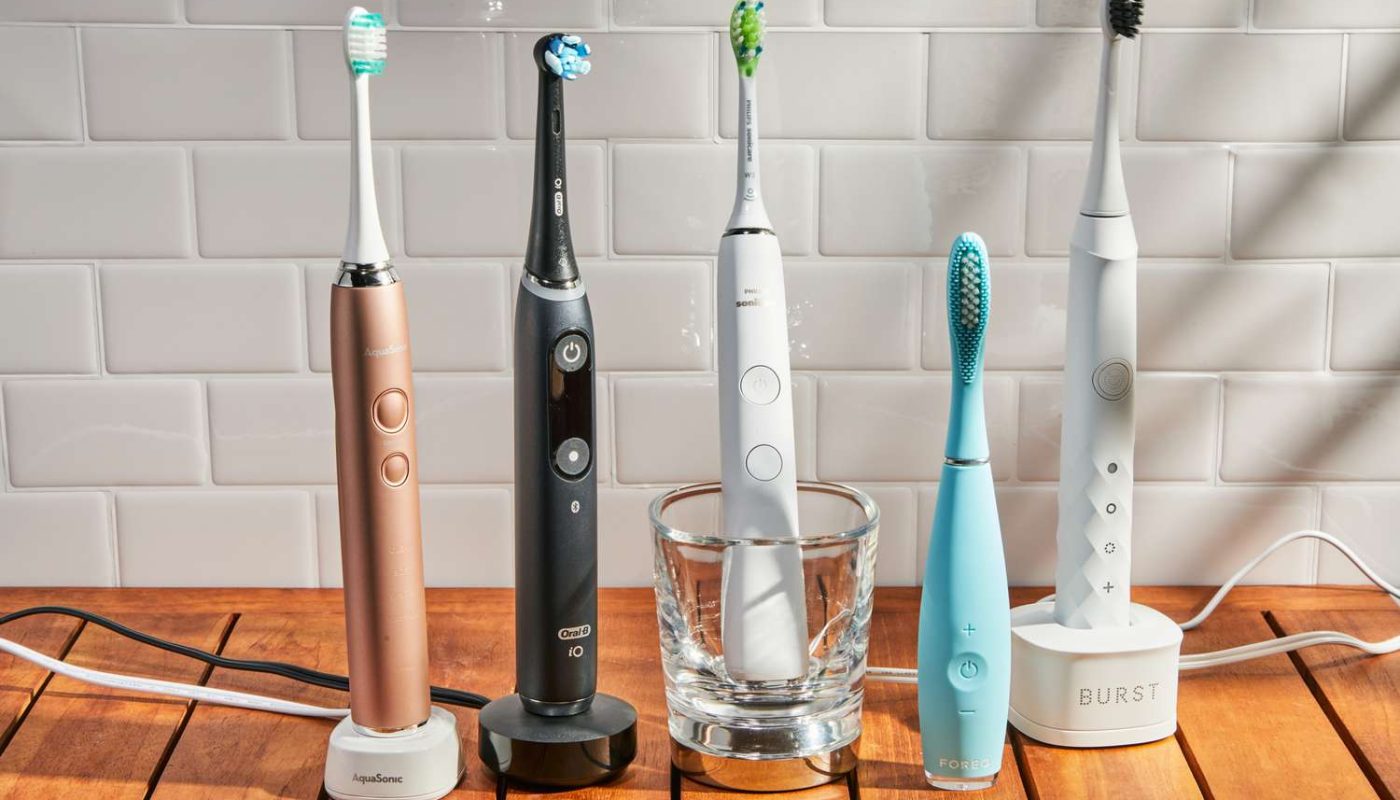Introduction
Flexible Spending Accounts (FSAs) are employer-sponsored benefit plans that allow individuals to set aside pre-tax funds for eligible healthcare expenses. Many individuals wonder if they can use their FSA funds to purchase an electric toothbrush. In this article, we will explore the eligibility of electric toothbrushes for FSA reimbursement, providing specific details and addressing any concerns related to using FSA funds for this purpose.
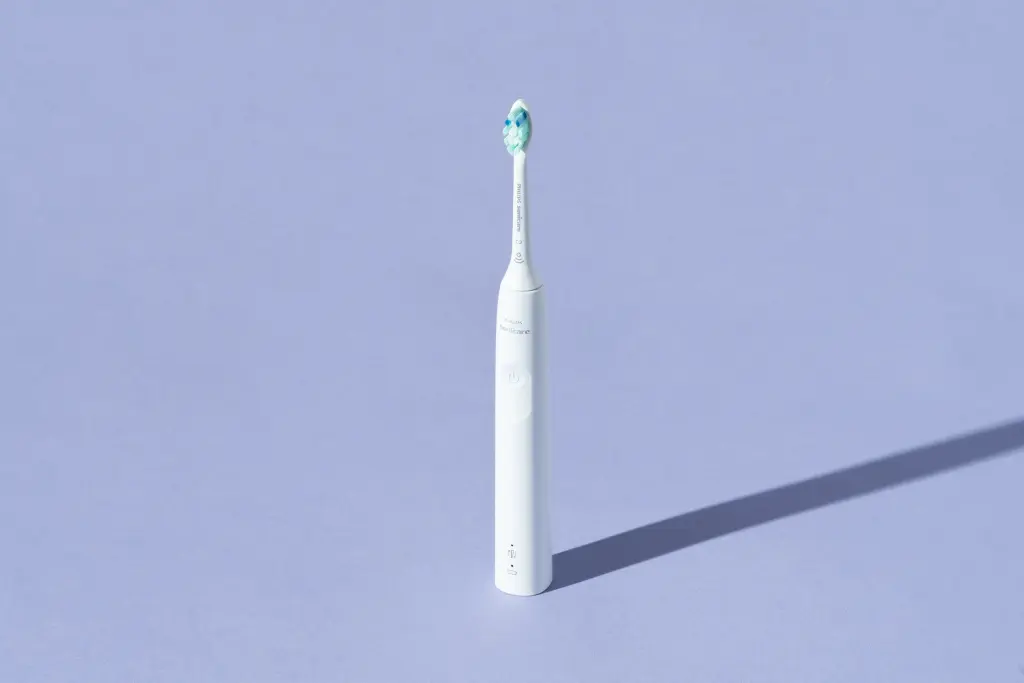
Can I use my FSA funds to purchase an electric toothbrush?
Understanding FSA Eligible Expenses
Before discussing the eligibility of electric toothbrushes for FSA reimbursement, it’s important to understand the guidelines set by the Internal Revenue Service (IRS) regarding eligible FSA expenses. FSAs can cover a wide range of medical, dental, and vision expenses that are not fully covered by insurance. To be eligible for FSA reimbursement, expenses must meet the following criteria:
Eligibility of Electric Toothbrushes for FSA Reimbursement
Electric toothbrushes are innovative oral care devices designed to enhance oral hygiene routines. To determine their eligibility for FSA reimbursement, we need to consider the criteria mentioned above.
FSA Plan Coverage: The eligibility of electric toothbrushes for FSA reimbursement may vary depending on the FSA plan provided by the employer. While some FSA plans may include electric toothbrushes as eligible expenses, others may exclude them.
Documentation Requirements: If electric toothbrushes are deemed eligible under the employer’s FSA plan, proper documentation, such as an itemized receipt, may be required to support the FSA claim. It is important to retain the receipt as proof of purchase and consult the FSA plan guidelines for any specific documentation requirements.
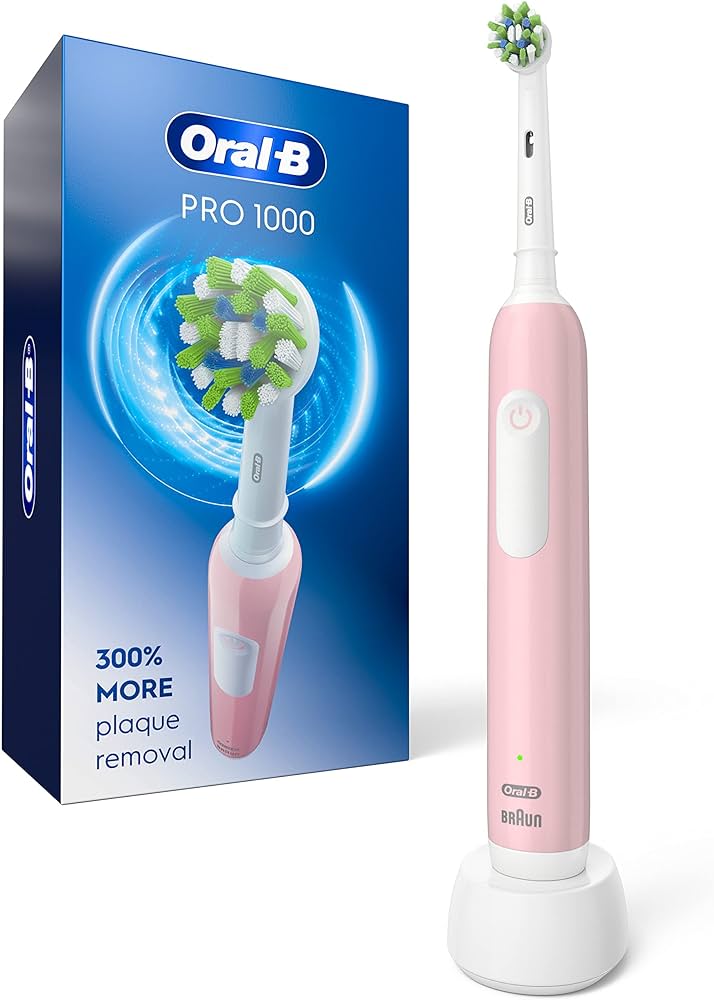
Confirming FSA Eligibility
To determine whether an electric toothbrush is eligible for FSA reimbursement, follow these steps:
Review the FSA Plan: Start by reviewing the FSA plan documents provided by your employer or the FSA administrator. These documents outline the specific expenses eligible for reimbursement.
Contact the FSA Administrator: If the FSA plan documents do not provide clear information about the eligibility of electric toothbrushes, reach out to the FSA administrator.
Retain Documentation: If the FSA administrator confirms that electric toothbrushes are eligible for reimbursement, be sure to retain proper documentation, such as the itemized receipt, to support the FSA claim.
Consult Professional Advice: In case there is still uncertainty about the FSA eligibility of electric toothbrushes, consider consulting with a tax professional or benefits specialist who can provide guidance based on your specific circumstances and the FSA plan in question.
Alternative Eligible Expenses
If electric toothbrushes are not eligible for FSA reimbursement under the specific FSA plan, there are other dental expenses that may qualify. Here are some examples of FSA eligible dental expenses:
Dental Cleanings: Routine dental cleanings, including scaling and polishing, are typically considered eligible dental expenses under FSAs. This includes preventive dental care to maintain oral hygiene.
Fillings and Restorative Treatments: Dental fillings, crowns, bridges, and other restorative treatments necessary to treat dental conditions may be eligible for FSA reimbursement.
Orthodontic Treatment: Orthodontic treatments, such as braces or clear aligners, are often considered eligible expenses under FSAs. However, it’s important to check the FSA plan documents for any specific limitations or requirements regarding orthodontic treatment coverage.
Dental X-Rays: Dental X-rays, including bitewing, periapical, or panoramic X-rays, are generally eligible expenses under FSAs.
Fluoride Treatments: Fluoride treatments prescribed by a dentist for the prevention of dental cavities may be eligible for FSA reimbursement.
Consult the FSA plan documents or contact the FSA administrator to confirm the eligibility of specific dental expenses under the FSA plan.
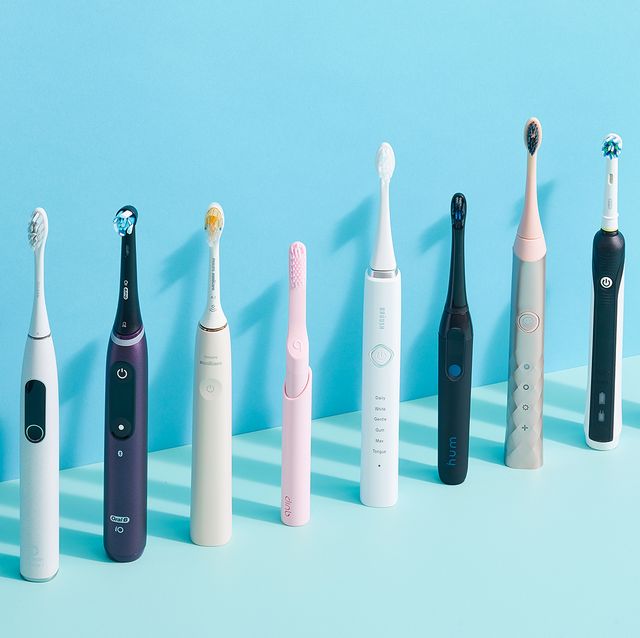
Importance of Confirming FSA Eligibility
Confirming the FSA eligibility of expenses, including electric toothbrushes, is crucial to avoid potential issues with FSA reimbursement. Using FSA funds for ineligible expenses can result in penalties, tax liabilities, and the need to repay the funds. Therefore, it’s important to carefully review the FSA plan documents, consult the FSA administrator, and retain proper documentation to support FSA claims.
Importance of Oral Hygiene
While FSA reimbursement for an electric toothbrush may vary depending on the specific FSA plan, it’s important to remember that investing in good oral hygiene practices is crucial for maintaining optimal dental health. Here are a few key points to consider:
Brushing Technique: Regardless of the type of toothbrush used, it is essential to focus on proper brushing technique. This includes brushing for two minutes, twice a day, using gentle circular motions and reaching all surfaces of the teeth and gums.
Plaque Removal: Effective plaque removal is essential to prevent dental issues such as cavities and gum disease. Regular brushing, along with proper flossing and professional dental cleanings, helps remove plaque and prevent its buildup.
Gum Health: Electric toothbrushes, with their oscillating or sonic technology, can provide enhanced cleaning action along the gumline. This can be especially beneficial for individuals with gum disease or those looking to improve their gum health.
Convenience and Motivation: Electric toothbrushes can offer convenience and motivation for maintaining a consistent oral care routine.
Replacement Brush Heads: Electric toothbrushes typically require regular replacement of brush heads to maintain optimal cleaning effectiveness. These replacement brush heads may also be eligible for FSA reimbursement if they meet the criteria set by the FSA plan.
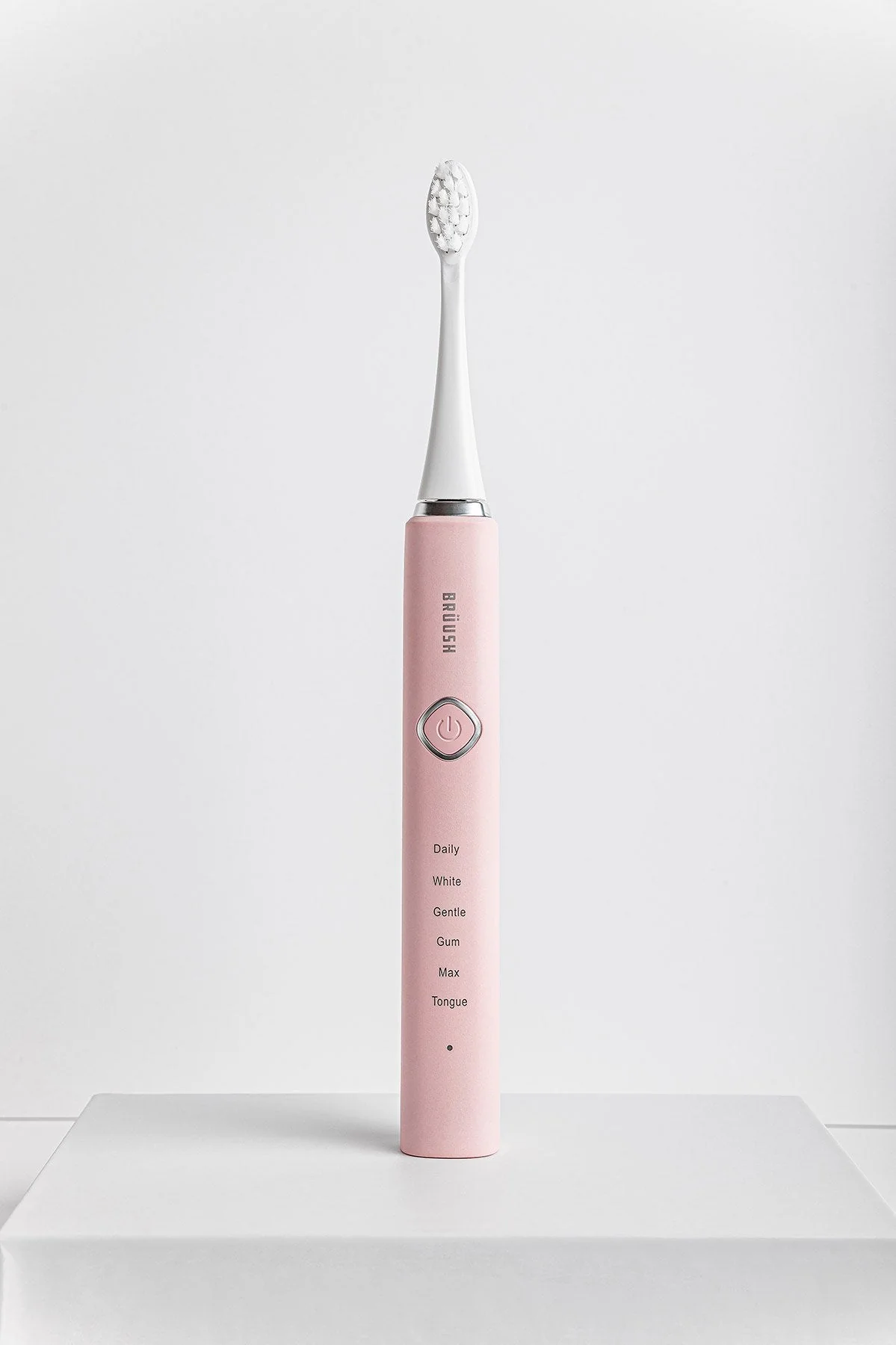
Maximizing FSA Funds for Dental Expenses
While the eligibility of electric toothbrushes for FSA reimbursement may vary, there are several other dental expenses that are commonly eligible for FSA coverage. By maximizing the use of FSA funds for dental expenses, individuals can prioritize their oral health. Here are some examples of commonly eligible dental expenses:
Dental Examinations: Routine dental check-ups and examinations to assess oral health and identify any dental issues are typically eligible for FSA reimbursement.
Orthodontic Treatments: Orthodontic treatments, including braces or clear aligners, may be eligible for FSA reimbursement. However, it’s important to review the FSA plan documents for any specific limitations or requirements regarding orthodontic treatment coverage.
Restorative Treatments: Dental treatments such as fillings, crowns, bridges, and dentures that aim to restore the function and appearance of teeth may qualify as eligible expenses.
Oral Surgeries: Oral surgeries, including tooth extractions, root canal treatments, and dental implant procedures, are typically eligible for FSA reimbursement.
Prescription Medications: Prescription medications prescribed specifically for dental conditions, such as antibiotics or pain relievers, may be eligible for FSA reimbursement.
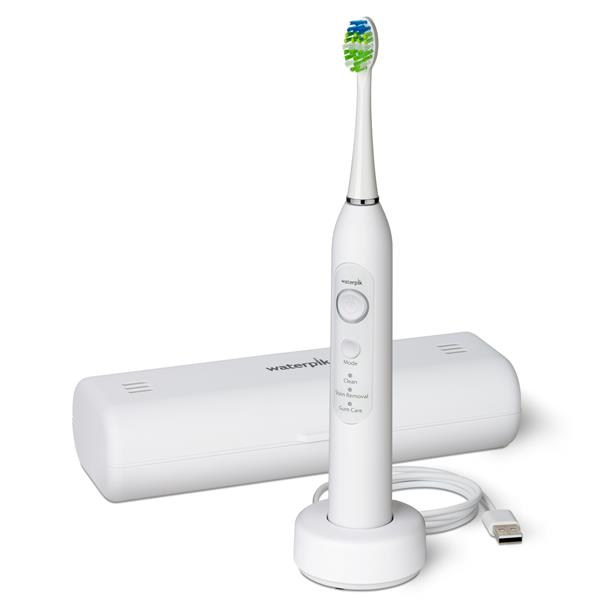
Conclusion
Whether an electric toothbrush is eligible for FSA reimbursement depends on several factors, including its alignment with the IRS guidelines for eligible FSA expenses and the specific FSA plan provided by the employer.
To determine the FSA eligibility of an electric toothbrush, review the FSA plan documents, contact the FSA administrator, and retain any required documentation. If an electric toothbrush is not eligible, explore other dental expenses that may qualify for FSA reimbursement, such as dental cleanings, fillings, orthodontic treatments, dental X-rays, or fluoride treatments.
Remember, maintaining good oral hygiene practices, regardless of FSA reimbursement, is vital for optimal dental health. Regular brushing, flossing, and professional dental care remain essential components of a comprehensive oral hygiene routine.

